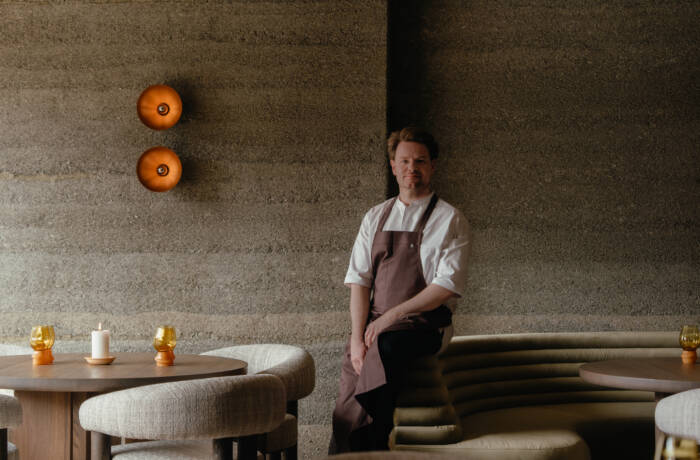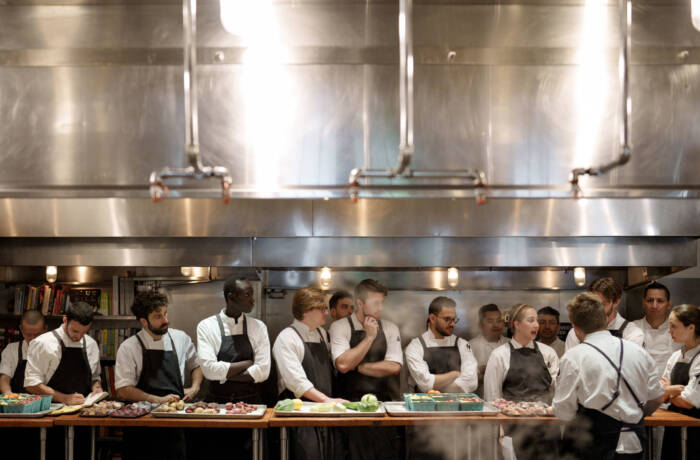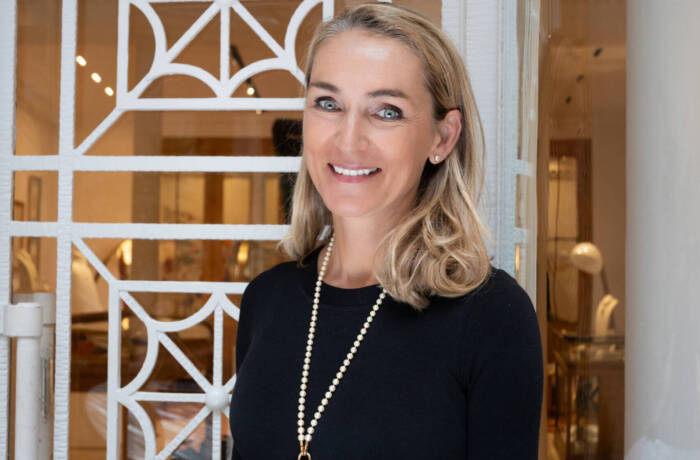
Chef Ángel León
Ángel León is most famously known for his innovative use of seafood at his three Michelin-star restaurant, Aponiente, in his home province of Cádiz, Spain. He is an environmentally minded forager of the sea, leading him to find a quinoa-like grain in eelgrass, known as zostera marina. As well as being a superfood, seagrass is a natural solution for capturing carbon and a hotbed of biodiversity – meaning cultivated seagrass forests could benefit us and the planet
LUX: Why are you known as ‘The Chef of the Sea’?
Ángel León: Actually, the nickname was coined for the first time by the press. And later became the name of a television mini-series about our work. It defines me. My cuisine focuses on the sea, especially on products that others do not want or do not see. However, my kitchen has also opened up to my closest environment, the marsh and those intertidal zones with halophytic vegetation (saline plants), which fascinate me.
LUX: Where did your interest in ocean conservation come from?
AL: My passion for the sea was instilled in me by my father when I was little. My father loves sailing and fishing, and we always used to do it round the Bay of Cádiz. I was never a good student, and the sea was my escape route, where my diagnosed hyperactivity rests. When we went out fishing and came home with everything we had caught, it was my job to clean it up. I appreciated the smoothness of the fish scales and would cut their bellies to find out what they ate, and therefore know what bait to use.
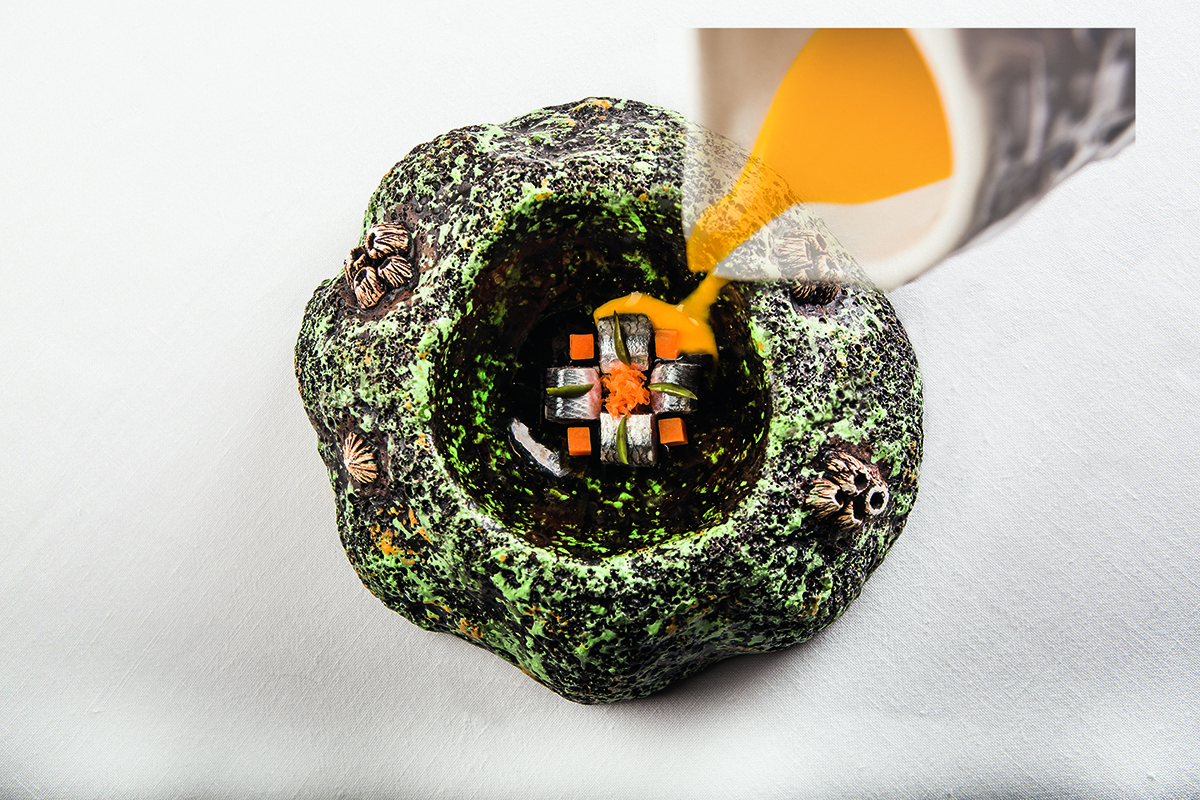
LUX: What is more important to you, the innovation behind your cooking or the taste and presentation of your food?
AL: There was a turning point in my cooking career when I decided to cook only seafood. I never thought of it as a sacrifice to stop cooking other products from the land. Some predicted that our journey would be limited because we would run out of resources, the most apparent raw materials of the sea, but quite the opposite. Earth is covered by 75 per cent salt water, and we only know 40 per cent of the marine supply.
Follow LUX on Instagram: luxthemagazine
However, on a menu where there are only products from the sea, we like to include trompe-l’oeil ‘meat’ options for our customers. We must open our minds – we are very selective and limited to unknown flavours. That is why we ‘dress up’ meat dishes with marine products. A perfect example of this idea is our marine charcuterie. Everyone is used to pork charcuterie, so what we do is make those same sausages, but with fish. We give it the same shape, the same colour, but we use fish. Sea bass mortadella, mullet chorizo…
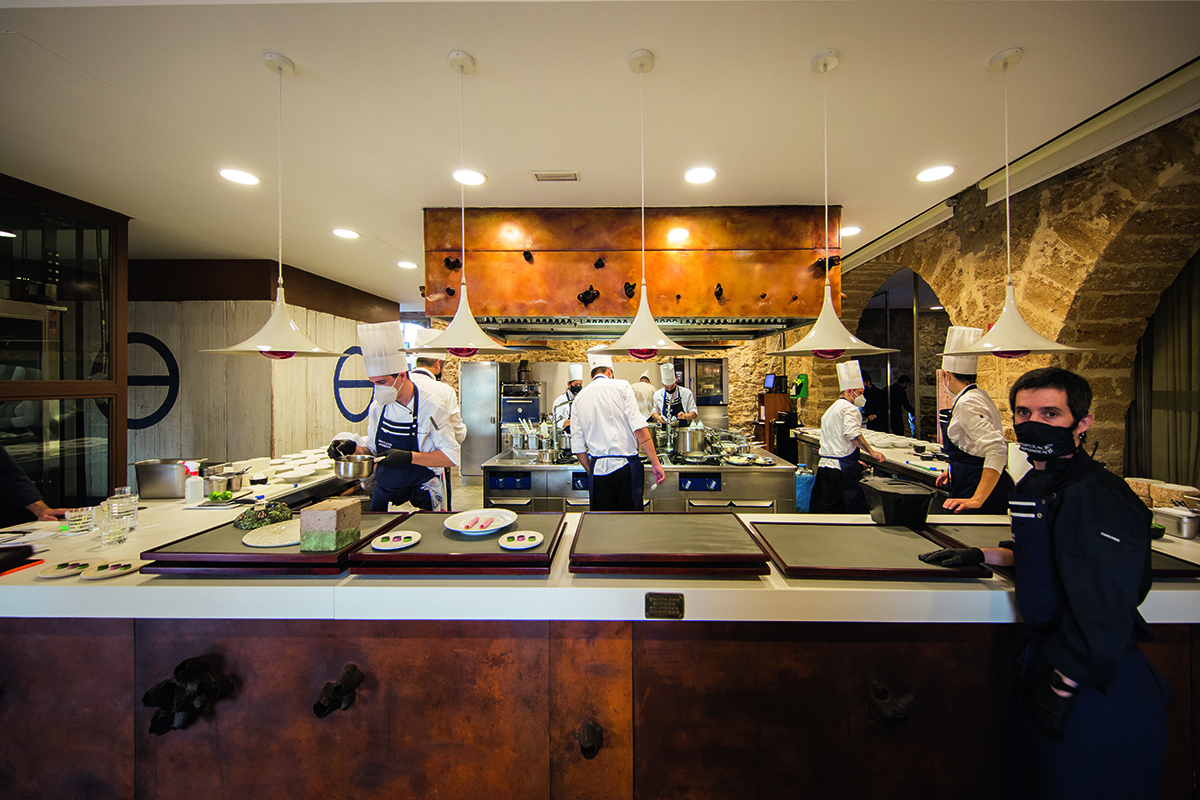
LUX: What are the benefits of using your sea grain in your dishes?
AL: We’re not cooking with it yet – this project is still in the research and development (R&D) phase. But I did have the opportunity to cook it in the limited harvest that we achieved. Gastronomically speaking, it is very similar to a grain of quinoa in the mouth. After more than three years developing this project and analysing the seeds, we can affirm that the nutritional qualities of the zostera marina are superior to those of rice or wheat. It has glucose. It has more dietary fibre than pasta. It contains protein, carbohydrates and fats that are assimilated more slowly than those in rice, wheat or semolina. It’s also high in fibre and complex carbohydrates.
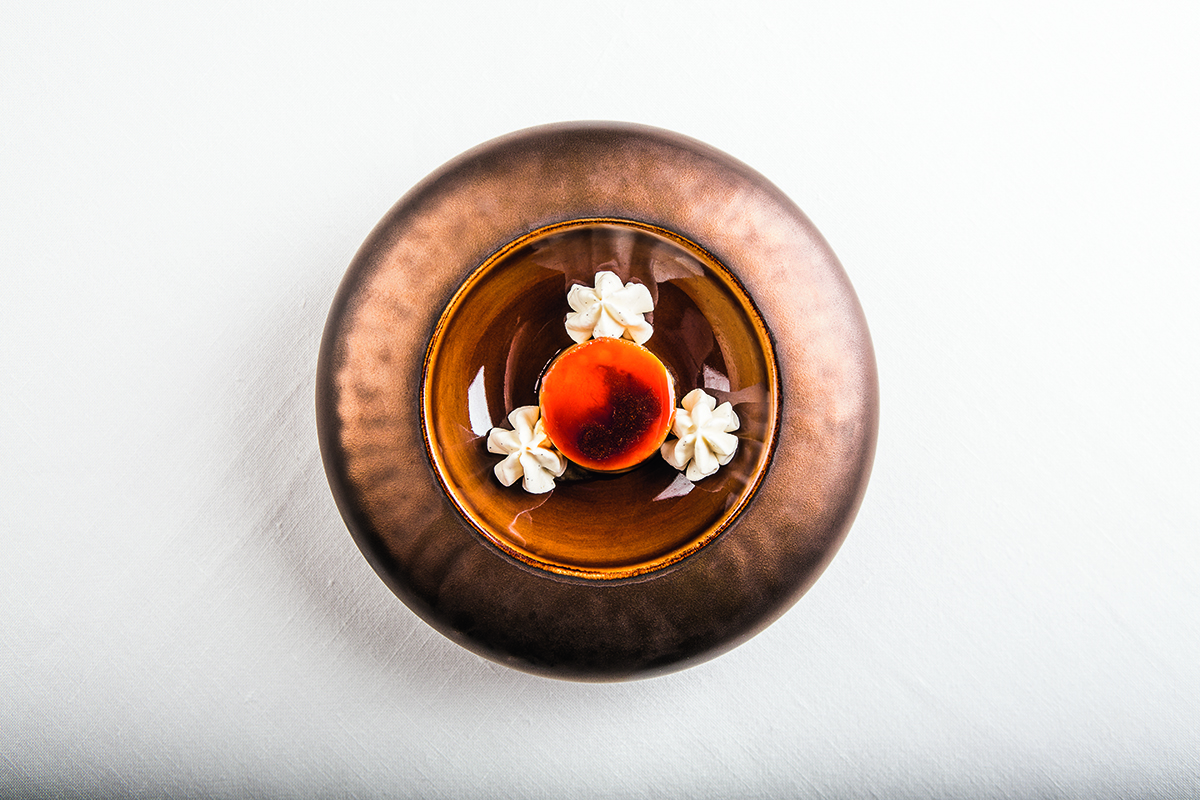
LUX: Having worked in various regions of Spain and also in France, which area has had the greatest impact on your cooking and why?
AL: Certainly France. My character as a cook was forged there, and I was able to understand the reality, the discipline and the sacrifice of this profession.
LUX: How has your culinary approach changed since you studied at the Taberna del Alabardero?
AL: My approach from then until now has nothing to do with it. Actually, at that time, aspiring to have three Michelin stars did not even cross my mind, and I had already mentally defined what I wanted my philosophy to be. I am grateful for all the stages that I have had and for forging ahead to make the Aponiente project a reality. Not even in my wildest dreams did I imagine having a restaurant with a crew as committed as we have. Everything has fallen into place little by little. We have certainly been through challenging times. Many years of swimming against the current, because the client did not understand our concept, but now we see how the client has grasped it.
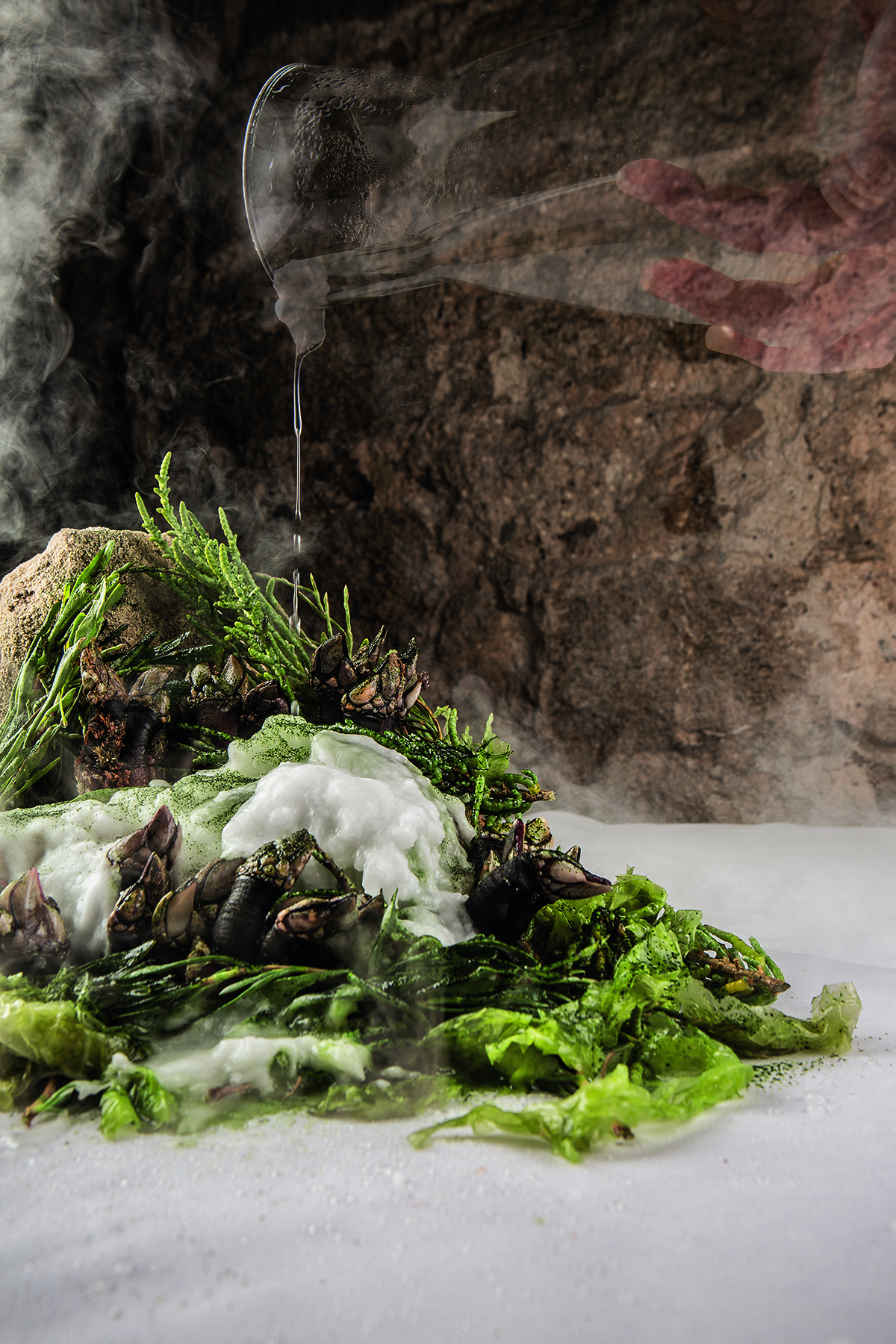
LUX: With regards to sustainability and saving the planet, what is the biggest change the hospitality industry needs to make in the next 10 years?
AL: Dependence, in all senses, on products that are not from our environment. We must look at our local environment with hunger and take advantage of the resources that we have closest to hand. From the farm to the fork, from the sea to the plate. We must be less erratic. We must be less selective.
Read more: Kishwar Chowdhury On The Bengali Influences Within Her Cuisine
LUX: If you weren’t a chef, what would you be?
AL: A marine biologist.
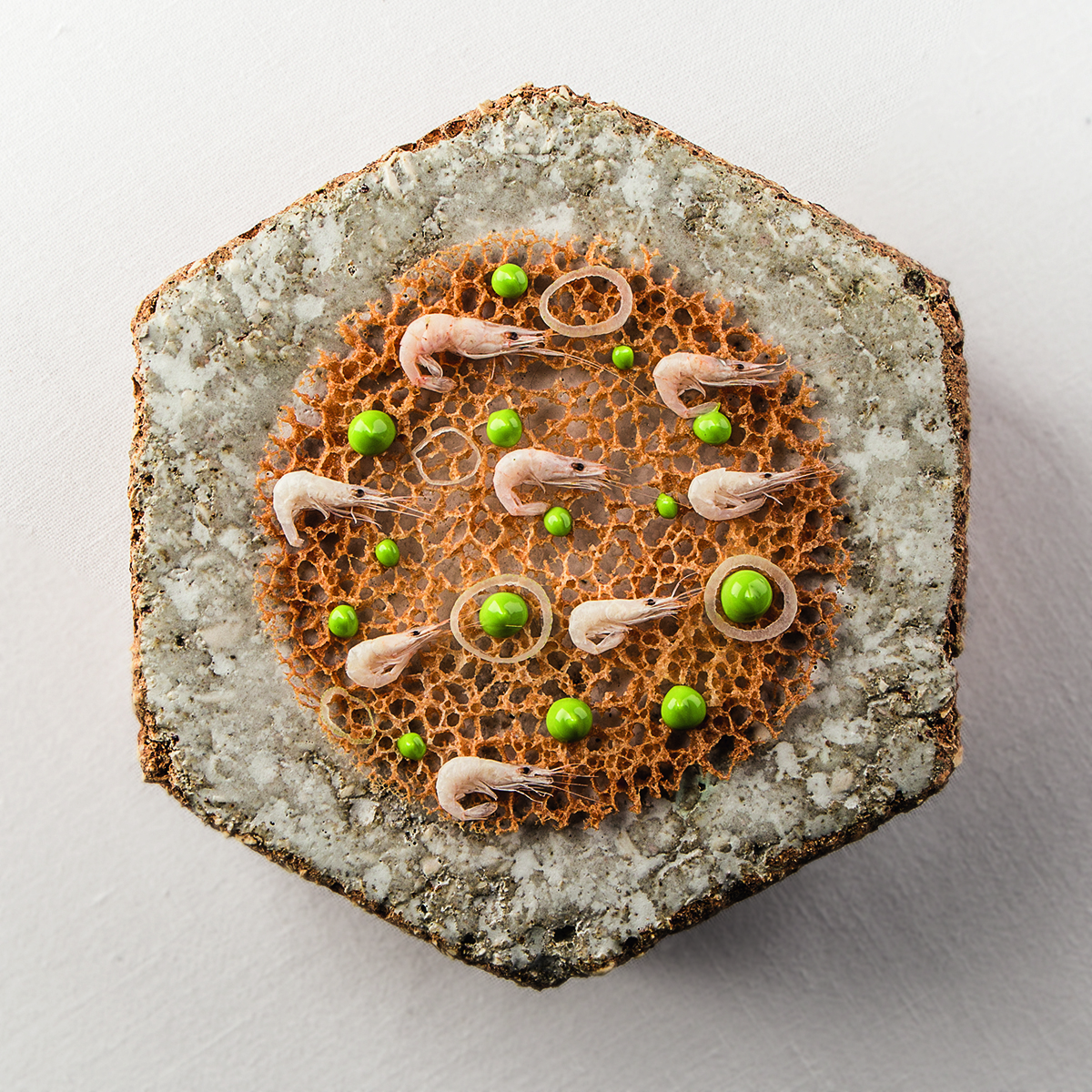
LUX: If you could choose any chef to prepare a meal for you, who would it be and why?
AL: I am a man of simple tastes. It’s been a long time since I’ve been to a restaurant on my favourite beach in Cádiz, Bolonia. There is a restaurant there called Las Rejas, where I am happy eating whole fried fish, and happy spending time with the owners. I love going out fishing with them and then cooking. Nobody fries fish like them.
LUX: Have you got any exciting projects
or discoveries coming up?
AL: I am restless, and Aponiente develops many research projects. But, today, our main effort is focused on the research and development of our marine cereal.
Ángel León is the owner and head chef of Aponiente in El Puerto de Santa María, Cádiz, in southern Spain. Since 2016 he has also been the gastronomic director of the nearby Alevante restaurant.
This article appears in the Summer 2022 issue of LUX

